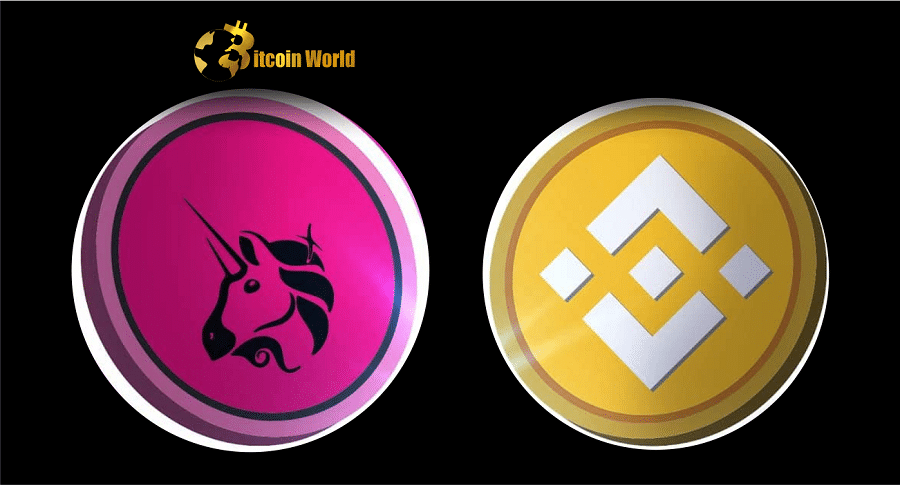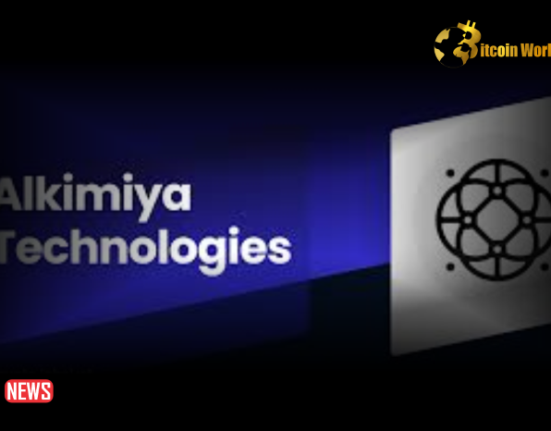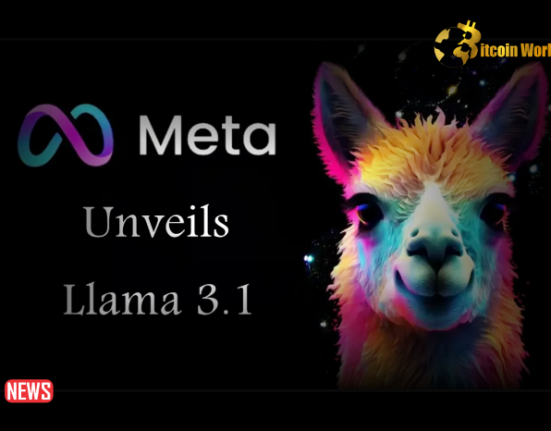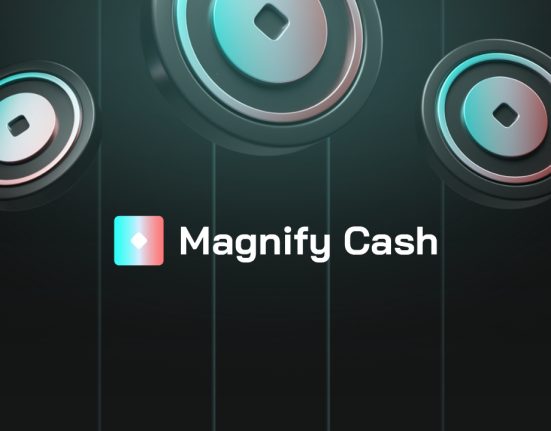Crypto trust is two-sided. Trustlessness underpins this domain. But, consumers and investors must trust crypto-powered platforms. Both? Trustworthiness is social, while trustlessness is technological. If it works well without trust, a system is trustless. If it works openly, securely, and reliably, it’s trustworthy.
After Terra and FTX, crypto entrepreneurs must commit to dependability in 2023. The only permanent method to restore investor trust and safeguard consumers is that. Thankfully, the tools to assure systemic resilience and consistent performance are accessible. Integrity and forward-thinking are required.
Trust is hard to earn, especially in a young tech field like crypto with many detractors. Crypto-based systems’ success depends on optimism. Early adopters are inspired by speculation.
Crypto lives on hope, whether HODLing during market downturns or buying metaverse property. It’s real, which makes it beautiful. This is why it kept coming back despite volatility, regulatory attacks, and more. When renowned figures become profiteers, everything is at risk.
In 2022, serious claims and discoveries rocked the business, with ripple effects that may last until 2023. Trust was damaged or lost. Regrettably, recent fiascos cost the once-booming crypto business. 2022 protocol losses exceeded $3 billion. Almost 26,000 workers are being laid off immediately. Mistrust costs the industry too much.
Building trust isn’t easy. Prioritizing progressive values like transparency, integrity, accessibility, and security. This requires finding the loopholes (i.e., the roots of crises). Without knowing reasons, one cannot tackle issues. Unless they prefer ad hoc solutions.
Many factors are causing investor skepticism in the crypto business. Perhaps greed. But, the current liquidity fragmentation is more worrying. Crypto exchanges and protocols rarely connect or share liquidity, which spells disaster.
Crypto-collateralized loans, algorithmic trading, and stablecoins are fascinating new developments. As crypto assets are in silos, tapping their collective value has been impossible. Interoperability and composability improvements are begun, but there is still a long way to go. Insufficient liquidity and flagrant misuse are the biggest dangers to crypto sector systemic integrity.
Hence, deep liquidity aggregation across controlled and decentralized exchanges requires smart systems. Solutions must be intuitive and user-friendly to reduce friction. Transparency must discourage fraud.
Like stars in the sky, crypto liquidity points are distributed. Joining the dots lets the constellations emerge. SOR (smart order routing) may work. It can optimize crypto trading, but not malice. SOR optimizes trader price discovery. Its effects are far-reaching. SOR improves liquidity dispersion.
Without stifling exchange and marketplace competition. SOR facilitates liquidity connections between crypto platforms and ecosystems. SOR becomes smarter with AI, enabling low-latency order matching and execution with low risk.
Hedge exposures, greater liquidity, and reduced slippage can increase investor confidence and consumer protection. Quick trade execution provides for quick withdrawals when necessary, giving crisis-stricken investors another buffer.
The crypto industry can build systemic integrity by standardizing AI and SOR-powered solutions. This can permanently solve liquidity issues. That will happen gradually. Progressive systems are still needed to make crypto reliable.
Finally, crypto may recover trust by defining and following standards. It needs sustainable ideas from dedicated and level-headed inventors. Instead of short-term gains, one should invest in crypto. The sooner the crypto community realizes that destabilizing trust and integrity is bad for everyone, the better for the future.














